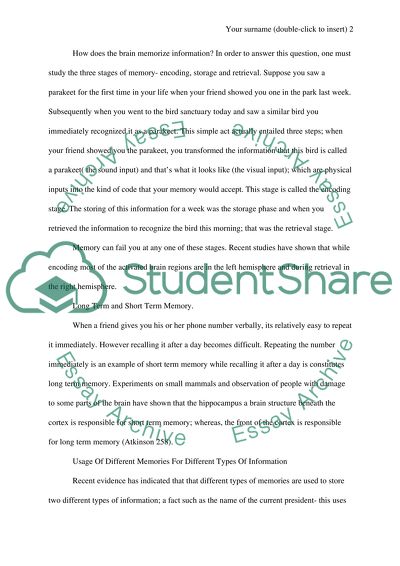Cite this document
(“Human Memory Essay Example | Topics and Well Written Essays - 1250 words”, n.d.)
Human Memory Essay Example | Topics and Well Written Essays - 1250 words. Retrieved from https://studentshare.org/miscellaneous/1501740-human-memory
Human Memory Essay Example | Topics and Well Written Essays - 1250 words. Retrieved from https://studentshare.org/miscellaneous/1501740-human-memory
(Human Memory Essay Example | Topics and Well Written Essays - 1250 Words)
Human Memory Essay Example | Topics and Well Written Essays - 1250 Words. https://studentshare.org/miscellaneous/1501740-human-memory.
Human Memory Essay Example | Topics and Well Written Essays - 1250 Words. https://studentshare.org/miscellaneous/1501740-human-memory.
“Human Memory Essay Example | Topics and Well Written Essays - 1250 Words”, n.d. https://studentshare.org/miscellaneous/1501740-human-memory.


